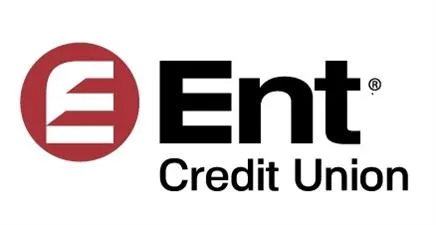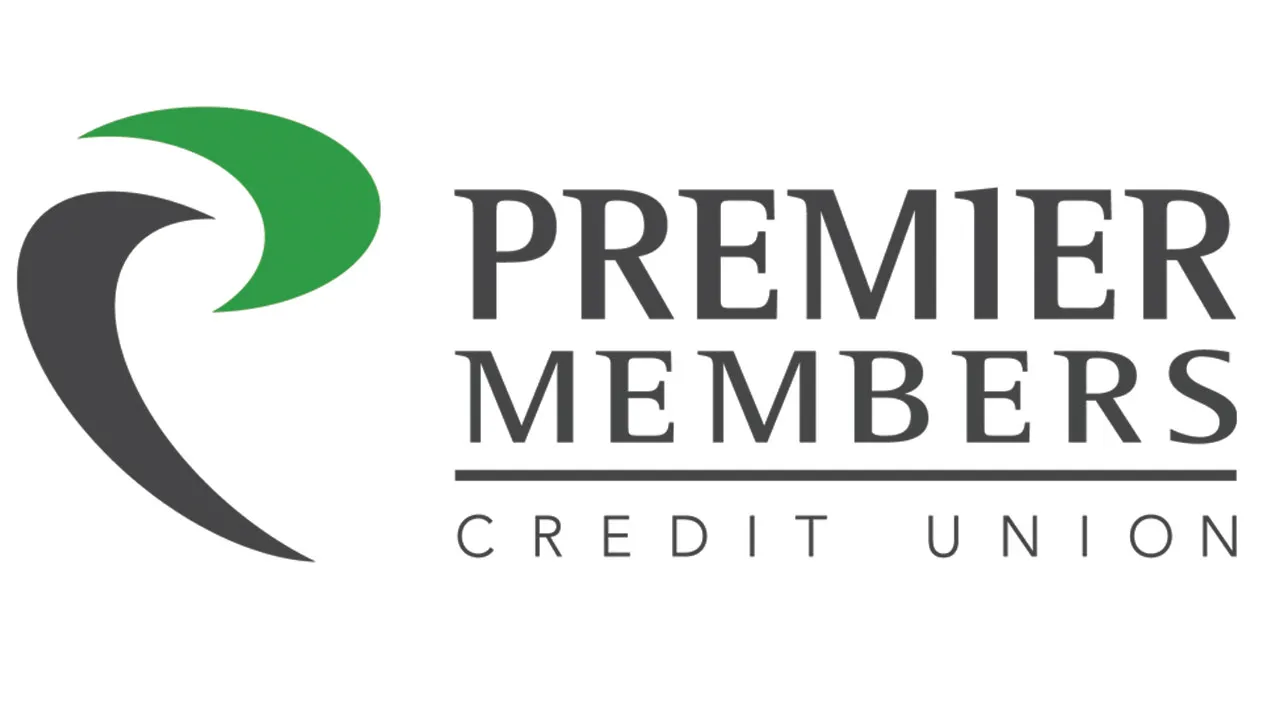Banks, credit unions defend roles in marketplace


The rivalry between banks and credit unions may not be quite as intense as the historic and often heated range wars pitting cattle ranchers versus sheep herders on the high plains. But that’s not to say the sparks don’t occasionally fly.
Both sides got a taste of the spat in January when Colorado state regulators overwhelmingly decided not to approve a measure that would have helped Boulder-based Elevations Credit Union in its quest to purchase the assets of Greeley-based Cache Bank & Trust to form a combined…
THIS ARTICLE IS FOR SUBSCRIBERS ONLY
Continue reading for less than $3 per week!
Get a month of award-winning local business news, trends and insights
Access award-winning content today!





